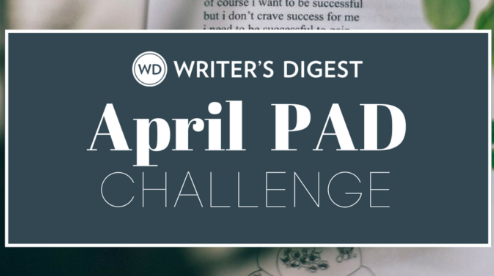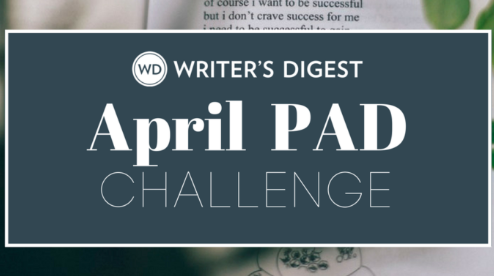Terza Rima: Poetic Forms
Poetic Form Fridays are made to share various poetic forms. This week, we look at the terza rima, an Italian tercet form that traces its origins back to Dante.
For this week's poetic form, we're going to look at the terza rima, an Italian tercet form. It was invented by Dante Alighieri for his epic poem The Divine Comedy in the 14th century.
Here are the guidelines for writing this one:
- Poem comprised of tercets (or three-line stanzas)
- Lines are eight to 10 syllables long (usually iambic meter)
- Lines one and three rhyme in each tercet
- Line two rhymes with lines one and three of the next tercet (creating a rhyme pattern like this: aba/bcb/cdc/ded and so on)
- Poem can end on a tercet, couplet, or single line (rules for each approach outlined below)
Notes on ending a terza rima: As mentioned above, the final stanza of a terza rima can be one, two, or three lines in length. Here are your options for handling this:
- Single line ending: end rhyme with line two in the penultimate stanza (or like this: aba/b)
- Couplet (or two-line stanza) ending: end rhyme both lines with line two in the penultimate stanza (or like this: aba/bb)
- Tercet ending, first option: flip the rhyme scheme in the final tercet with the penultimate stanza (or like this: aba/bab)
- Tercet ending, second option: continue normal pattern, but rhyme line two of the final stanza with lines one and three from the first stanza of your poem (like in my little example below)
*****
Play with poetic forms!
Poetic forms are fun poetic games, and this digital guide collects more than 100 poetic forms, including more established poetic forms (like sestinas and sonnets) and newer invented forms (like golden shovels and fibs).
*****
Here's my attempt at a terza rima:
"summer song," by Robert Lee Brewer
with nights as quiet as the dead
we enter in another june
restless in our salacious beds
guided by longing for the moon
and silent stars signing from space
to set us up for summer swoons
beneath the tree in our safe place
our hands reach out with fading dread
and fears retreat with what tongues taste
Robert Lee Brewer is Senior Editor of Writer's Digest, which includes managing the content on WritersDigest.com and programming virtual conferences. He's the author of 40 Plot Twist Prompts for Writers: Writing Ideas for Bending Stories in New Directions, The Complete Guide of Poetic Forms: 100+ Poetic Form Definitions and Examples for Poets, Poem-a-Day: 365 Poetry Writing Prompts for a Year of Poeming, and more. Also, he's the editor of Writer's Market, Poet's Market, and Guide to Literary Agents. Follow him on Twitter @robertleebrewer.




